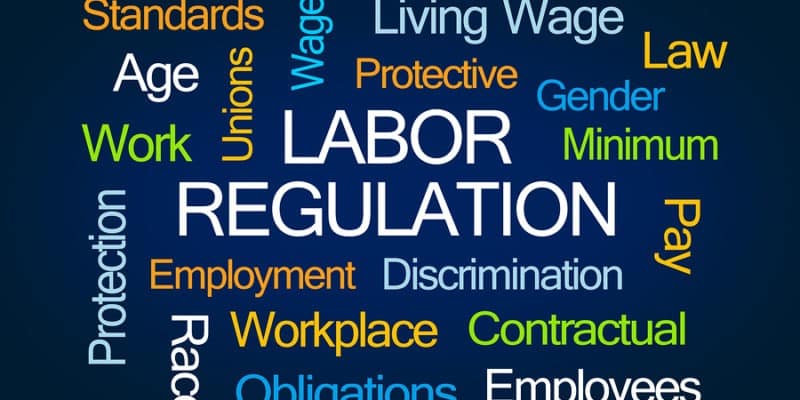By Giana Magnoli
April 10, 2019 | 9:54 p.m.
Contractors from all over Santa Barbara County commented during Tuesday’s Board of Supervisors meeting on a proposal to develop a community workforce agreement ordinance, which would affect contracts for some government projects.
A community workforce agreement, also called a project labor agreement, is negotiated between public agencies and construction trade unions “with the goal of providing a stable, skilled workforce and high quality standards on publicly funded projects,” said county supervisors Joan Hartmann and Das Williams, who pitched the idea to their colleagues.
The supervisors voted 3-2 to direct staff to develop a community workforce agreement ordinance and come back with details at a later date….
The project labor agreement would have a “targeted hire provision” aimed at getting people from “disadvantaged communities” – low-income workers, veterans and others – into construction through apprenticeship training programs, according to the board letter from Hartmann and Williams.
Michael Lopez, of the Santa Barbara Plumbers and Pipefitters Local 114, said the Community Workforce Agreement would boost the efforts of apprenticeships and trained workers.
“This is how we want to take care of our local people,” Lopez said.










